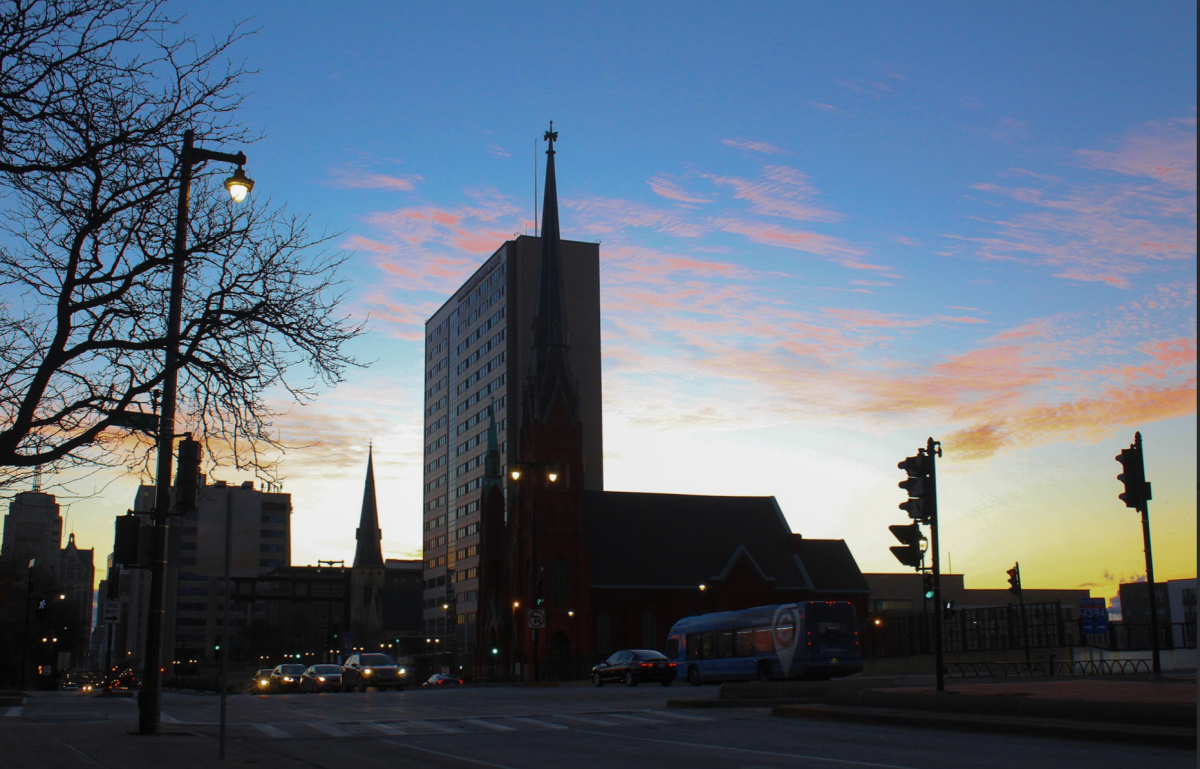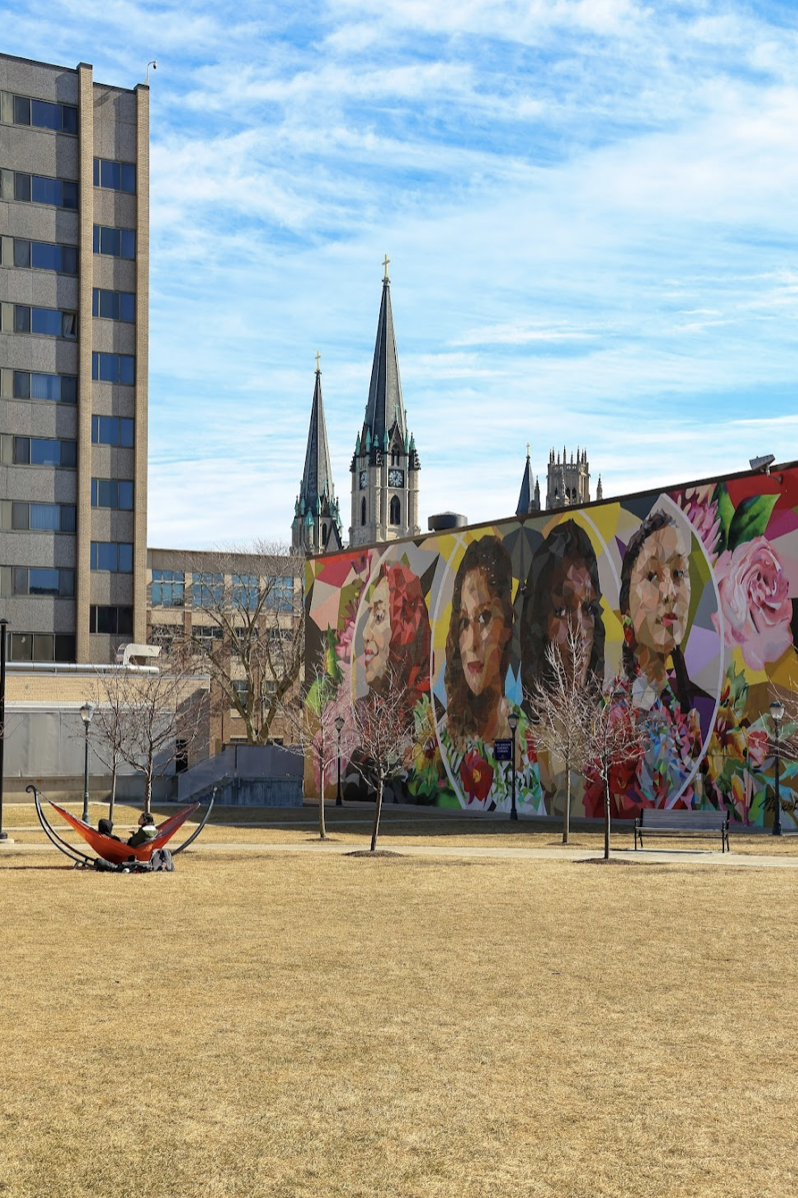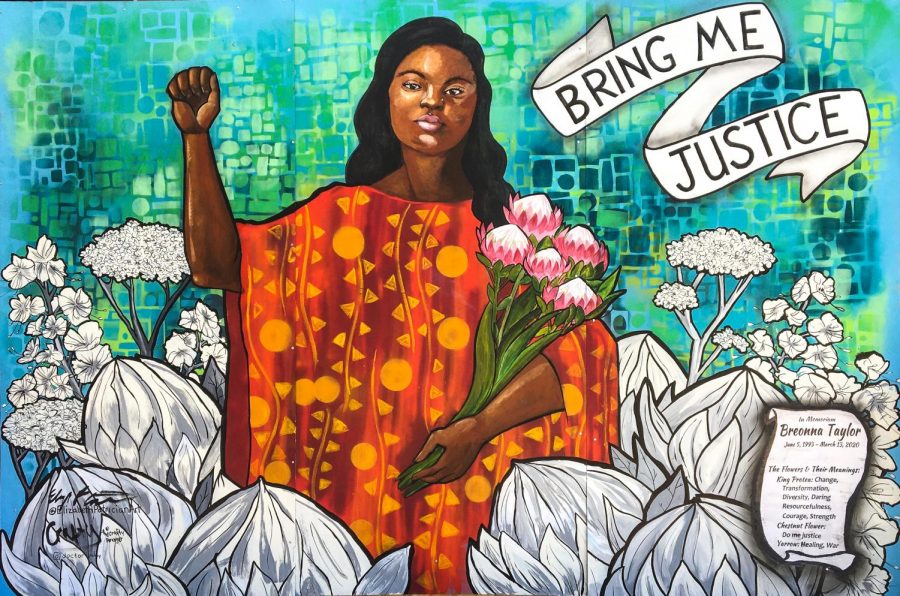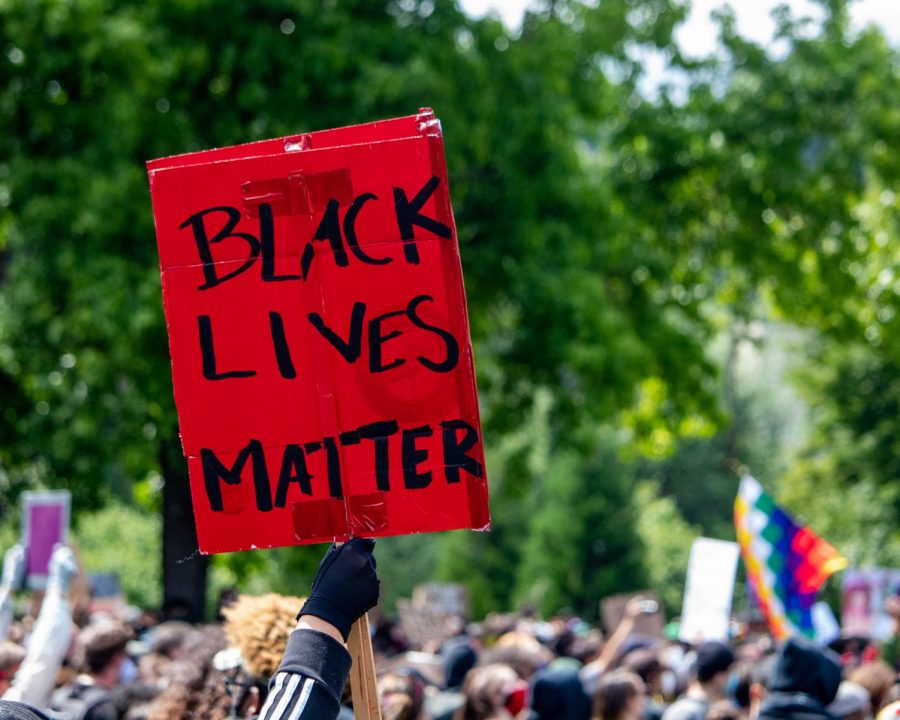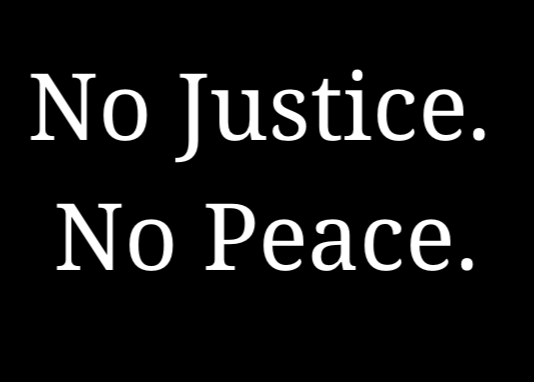Tyre Nichols was beaten to death by six police officers Jan. 7 just 100 yards from his home. Only five of the six officers were charged, four of which already had prior violations. They had been either reprimanded or suspended for failing to report when physical force was used, failing to report a domestic dispute or failing to report damage done to squad cars. The police department knew that these officers had a history of violence yet did very little to mitigate the issue.
Subsequently protests were held nationwide to condemn acts of police brutality committed against Black Americans. These protests really kicked off after the video of Nichols being beaten to death was released. The video was shared by the Memphis Police department Jan. 27. It came with the warning, “Footage contains graphic content and language. Some may find offense. Viewer discretion is advised.” It showed the officers chasing and beating Nichols. They left him on the pavement propped against a squad car and fist-bumped each other. The horror of the video only sparked further outrage.
In Memphis, where Nichols was killed, the “Justice for Tyre” protest was held. The protesters demanded the passing of the data-transparency act at the county and city levels, called for an end to unnecessary traffic stops, unmarked cars and plainclothes officers and the removal of police from traffic enforcement. The data transparency act requires the release of complete data on police enforcement practices. Protests were also held in other cities across the U.S.
In Milwaukee a protest was held Jan. 28. Protesters marched down State Street and Wisconsin Avenue, making a stop at the Milwaukee Police Department and speeches were made by community leaders. The speeches called for justice in the face of injustice.
These incidents are far too common. Police brutality, particularly against Black individuals, is a recurrent and persistent issue. Police killed Black people at a rate of 38 per 1 million which is more than double the rate than that of white people.
As a higher education institution, Marquette must push for change. A change which can start from the Marquette community.
The Office of the Provost released a statement via email to Marquette students. The statement emphasized the mental health of students saying, “ Above all, please know that you are not alone. We strongly encourage you to seek out the support that is available to you here at Marquette.” It went on to list resources students could use to manage with any negative feelings pertaining to the violence committed against Tyre Nichols.
Our community should care about these issues. A Jesuit education is made to help push for positive change in the world. The Ignatian value of cura personalis, or care for the whole person, is integral to the institution of Marquette. Marquette values the protection of human life and should always protect it when it is threatened.
Pushing for change in the Marquette and surrounding communities would be the perfect way to live out this value.
Marquette has made strides and deserves to be commended for facilitating community outreach from Marquette University Police Department to students. Programs such as “Coffee with a Cop” and an emphasis on community partnership in the President’s Task Force on Community Safety are great steps. However, more could be done.
Marquette should make an effort to ensure that students, as well as faculty members and staff, are educated about issues of police brutality. Marquette should create a well rounded education for students regarding social issues.
As apart of the Marquette community, we, the Marquette Wire editorial board, need to continue to hold ourselves accountable as well. We are not exempt from the obligation to serve our community. What we report on, the stories that we tell and the content that we publish should cover topics that are important to the community that we serve.




